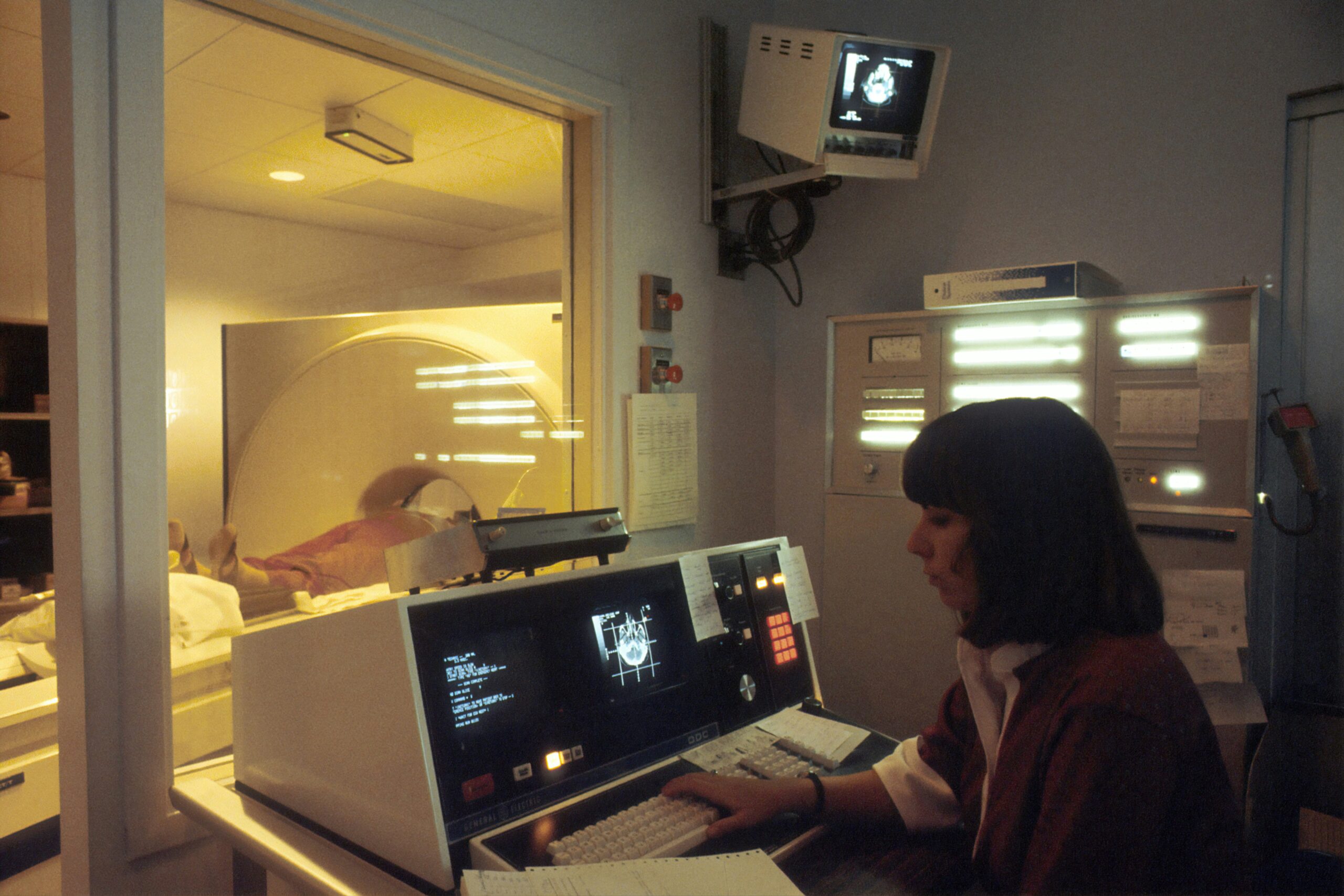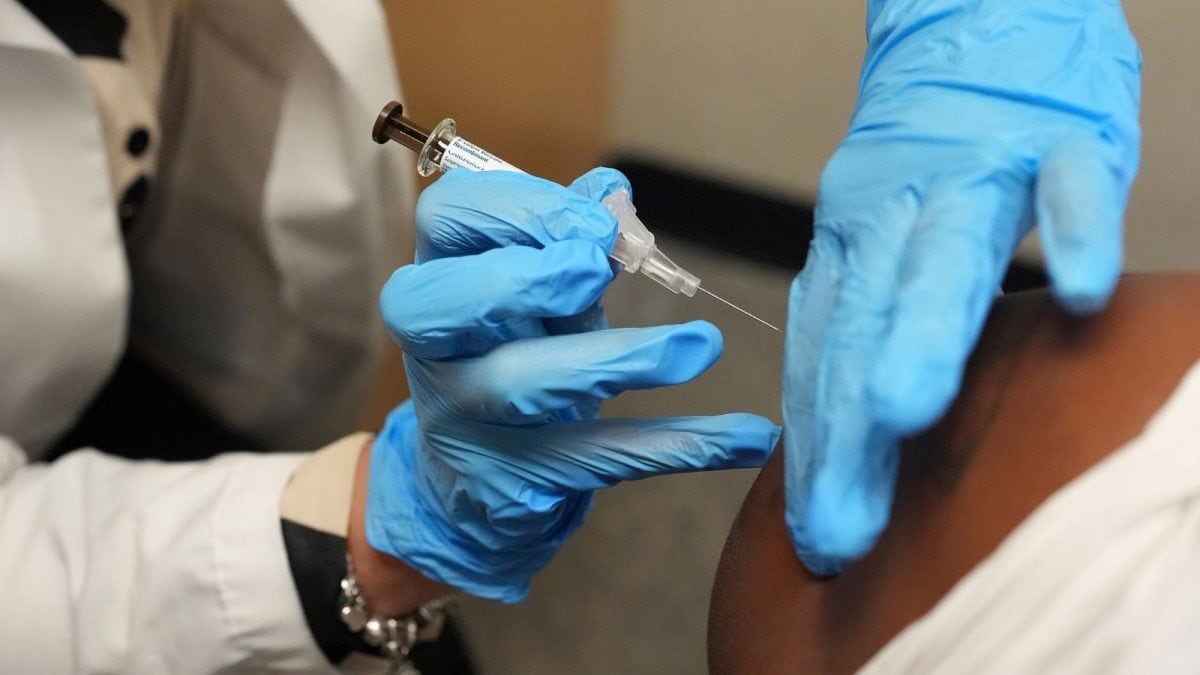
Understanding the primary water sources for lakes—whether they are fed predominantly by groundwater or rainwater—is essential for effective water resource management amid increasing droughts and shortages. This is the key finding of new research presented today at the Goldschmidt Conference in Prague.
The study, conducted by researchers from the Czech Academy of Sciences, analyzed data from 350 lakes across 18 European countries, collected between 2022 and 2024. The research provides a comprehensive overview of how these lakes are coping with climate change.
Isotopic Analysis Reveals Water Source Dynamics
To determine the water sources, the researchers analyzed the proportions of stable hydrogen and oxygen isotopes (18O and 2H) in the lakes’ water. These isotopic signatures reveal the influence of rainfall and assess the potential connection between groundwater and lakes. They also help determine the extent to which incoming water offsets losses from evaporation.
By combining these variables with open-access environmental data, such as meteorological variables, land use percentages, and catchment characteristics, the team used a machine learning model to identify key factors sustaining a healthy water balance for each lake. The model also predicted the impact of changes in rainfall and temperature by 2050 due to climate change.
Groundwater’s Role in Lake Stability
The study found that lakes with a strong groundwater connection maintain more stable water levels and are better equipped to buffer the impacts of climate change. In contrast, shallow lakes, which have a high surface area relative to their volume, experience high evaporation rates compared to inflow, making them more vulnerable to rising temperatures and reduced rainfall.
“Lakes in lowland areas are the most likely to reach critical evaporation to inflow ratios by 2050, leading to water scarcity and contamination,” the study reports.
This vulnerability is particularly pronounced in artificial lakes such as reservoirs, which often lack sufficient groundwater connections. Additionally, these lakes are frequently located in regions of intensive agriculture, where runoff from fertilizers can elevate nutrient levels and degrade water quality.
Alpine Lakes Show Resilience
Conversely, lakes in higher-altitude or alpine areas were found to be more resilient. These lakes benefit from lower temperatures, reduced evaporation rates, and better connections to groundwater inflow. They are currently less exposed to surrounding agricultural activity, facing fewer issues related to nutrient runoff.
However, the researchers caution that agricultural land use is migrating to higher altitudes, which could affect the water quality and availability of these lakes in the future. Dr. Ma. Cristina Paule-Mercado from the Biology Centre at the Czech Academy of Sciences emphasized the variability in controlling factors across different regions.
“We initially expected the same controlling factors to apply across all lakes, but that wasn’t the case,” Dr. Paule-Mercado stated. “This highlights the importance of considering all these factors—and particularly groundwater-lake connectivity—when designing sustainable management strategies to address climate change and water scarcity.”
Expanding Research for Global Insights
The research team is expanding their dataset, now incorporating over 400 lakes, with the ambition to make this a global resource. While some environmental data come from open-access sources, the researchers also collect samples annually from hundreds of lakes, collaborate with other scientists, and engage in citizen science initiatives. These efforts help broaden their coverage and strengthen community involvement.
The Goldschmidt Conference, where this research was presented, is the world’s foremost geochemistry conference. It is a joint congress of the European Association of Geochemistry and the Geochemical Society (US), with over 4000 delegates attending. The event takes place in Prague, Czech Republic, from July 6-11, 2025.





